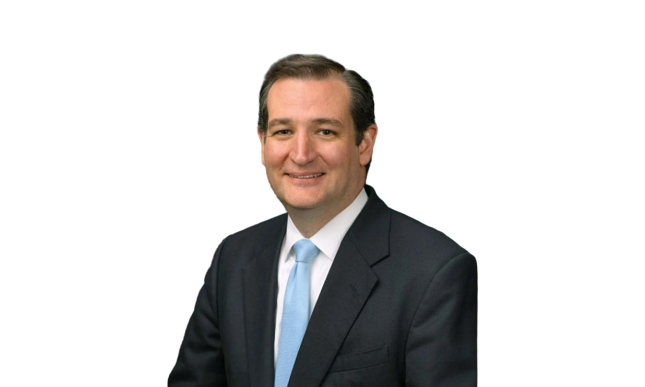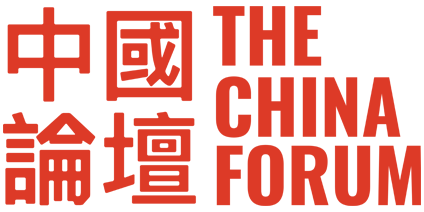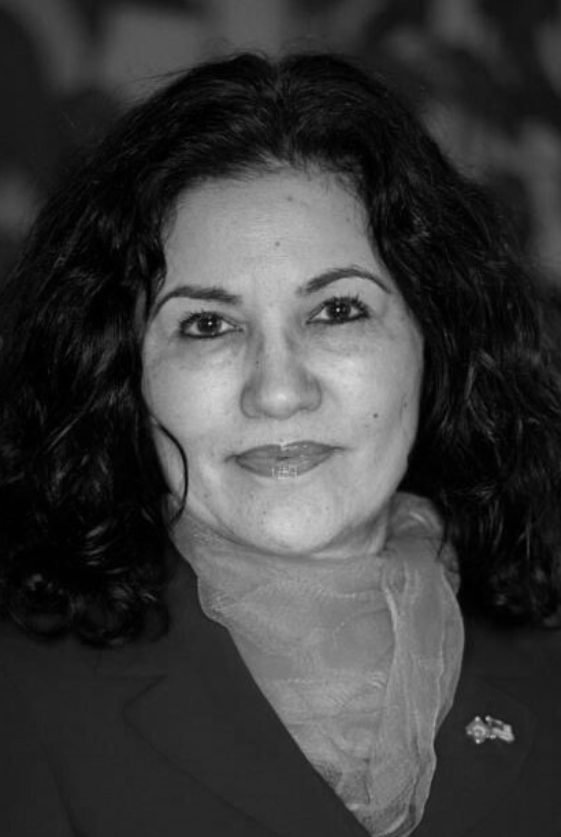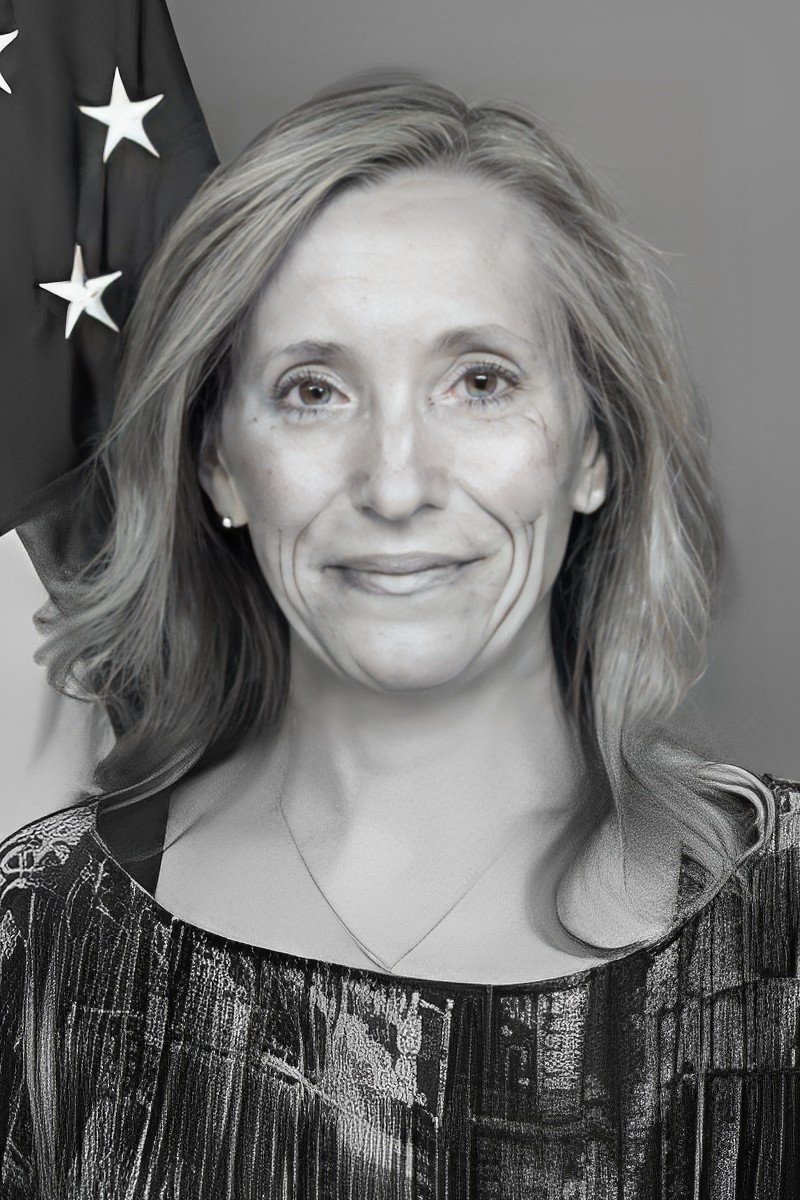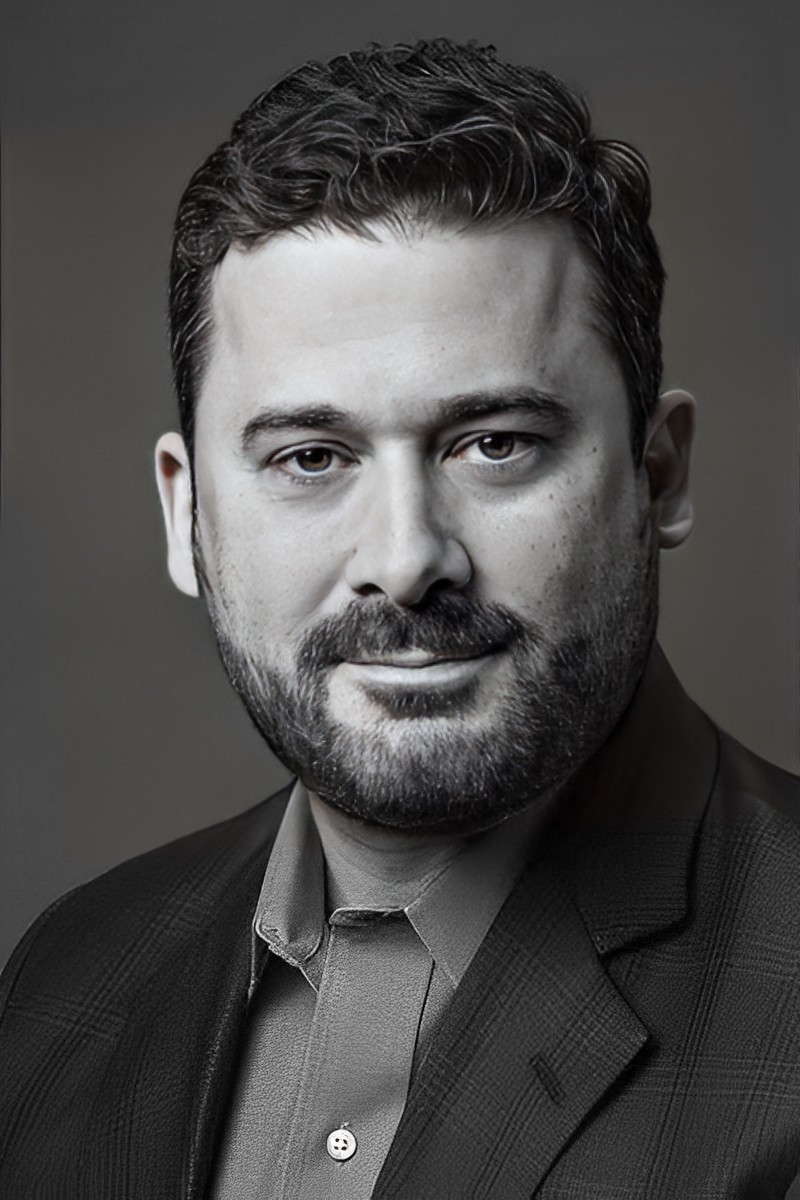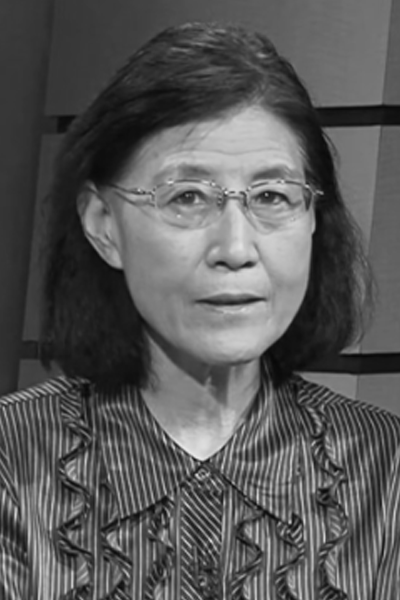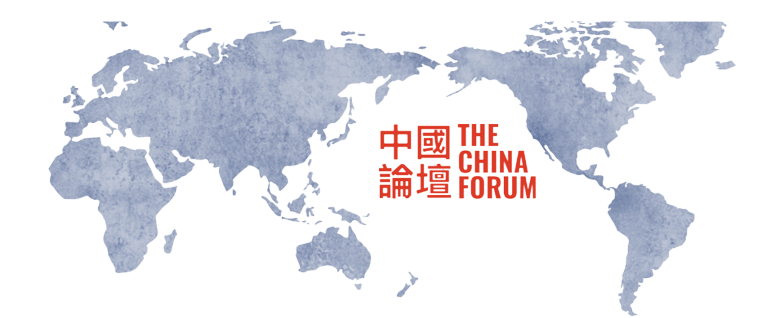
October 1-2, 2024
The Mayflower Hotel
1127 Connecticut Ave NW
Washington, D.C. 20036
About
China Forum is an annual conference hosted by the Victims of Communism Memorial Foundation, convening scholars, experts, and policymakers in the areas of trade and economics, foreign policy and security, and human rights and political development. The goal of China Forum is to help Americans understand the nature of the People’s Republic of China, the Chinese Communist Party, and key issues in U.S.-China relations.
5
Panels
20 +
Expert Speakers
1
Film Screening
AGENDA
Panel and Film Screening
- 3:30 PM - 6:30PM
- Tuesday, October 1, 2024
Victims of Communism Museum
900 15th Street NW
Washington, D.C. 20005
China Forum
- 8:30 AM – 5:00 PM
- Wednesday, October 2, 2024
The Mayflower Hotel
1127 Connecticut Ave NW
Washington, D.C. 20036
Speakers

Distinguished Visiting Fellow, Hoover Institution and China Program Chairman, Foundation for Defense of Democracies
Matthew Pottinger

Director, Simon-Sckjodt Center for the Prevention of Genocide, US Holocaust Memorial Museum
Naomi Kikoler
Thank You To Our SponsorS

Silver sponsors
Anonymous
David Cleveland
Dr. & Mrs. Edwin Feulner
Lady Blanka Rosenstiel
Dolkun Isa
Drs. Omar & Josefina Vento
Arnold Fields
Edgar B. Anderson
Raymond Badynskyj
Bronze sponsors
Don Bellante
Brett Beveridge
Eleanore and Matthew Boyse
Joseph Gatwood
Crawley Joyner
Michael Maibach
Christian D. Orr
David Pinell
Robert Stroud
Randal Teague
Become a Sponsor
Help us educate Americans about the China challenge, and equip the nation to defend and preserve freedom in the 21st century.
Solidarity Sponsorship
$100
Dissident Sponsorship
$500
Hero Sponsorship
$1,000
Freedom Sponsorship
$5,000
What Past Speakers Have Said at China Forum

